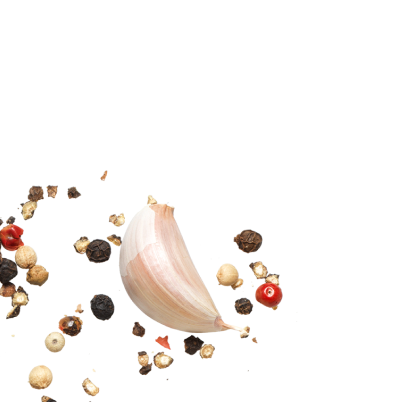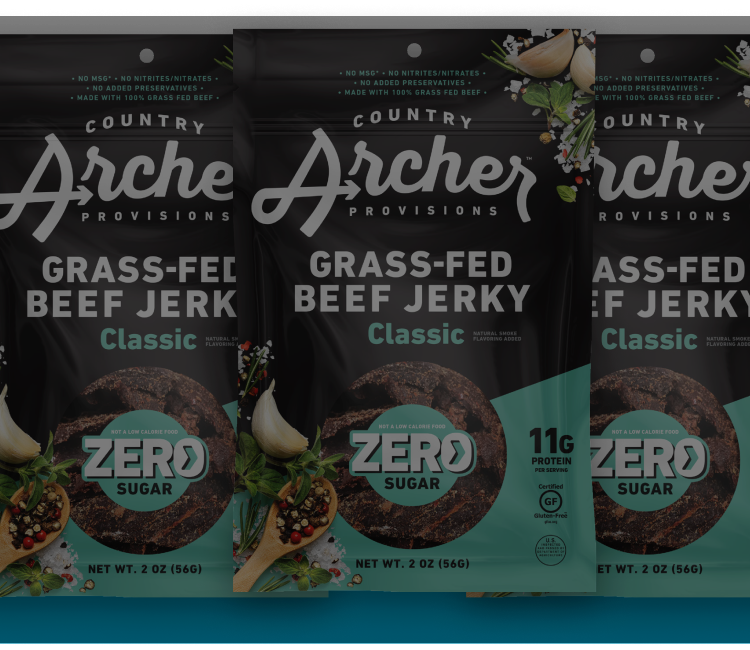Written by Jordan Mazur, In Men's Journal
You’ve probably seen collagen pop up in the media and on your Instagram feed—with people supplementing their diet or buying skincare products with the ingredient. But what exactly is collagen and is it really beneficial for you? To get a little more scientific, collagen is a complex protein made up of 19 different amino acids. The primary amino acids include glycine, proline, hydroxyproline, and arginine. The most important amino acid here is hydroxyproline, because it’s needed to produce collagen in all the connective tissues and is key to the structural stability
A little known fact about collagen is that there are many different types—at least 16 different types within the human body. But around 85-90 percent of it consist of types 1 and 2. Type 1 is the most abundant; it’s also the strongest, helping to form bones and support the GI tract. It’s important for healing and gives skin its elastic quality and integrity. Type 2 is found primarily in cartilage in connective tissues to help support joint health.
Why Is Collagen Important to Include in the Diet?
As we age and get older, the production of collagen begins to slow down, as with most processes in the body. When this happens, our skin becomes less elastic and more fragile. You may also notice that your hair begins to lose its color and your joints aren’t as flexible. One way to prevent this decline is by supplementing your diet. The dermis layer of the skin is the main source of collagen, and getting an adequate amount can help ensure your skin stays healthy.
For athletes, there’s emerging research that suggests collagen and vitamin C can help strengthen ligaments and tendons—the connective tissues that attach bones and muscles. Recent research published in the American Journal of Clinical Nutrition found that adding gelatin to an intermittent exercise program improves collagen synthesis and can play a role in injury prevention and tissue repair.
So, how should you include this in your diet? The most common form of supplemental collagen. Typically this is taken in doses of around 10-15g a day (with meals) for skin health and some benefits to joints. Collagen can be derived from beef, chicken, fish, or egg shell membrane. In order for it to be activated in the body, you should always take it with a source of vitamin C, such as orange juice, to ensure activation and absorption.
It’s important to note that although collagen protein has a complex and rich amino acid profile, it shouldn’t be used as a primary source for building muscle. The amino acids found in collagen help to support skin and joint health, but don’t necessarily contribute to muscle protein synthesis. The amino acid that’s important in activating this pathway in the body is leucine. Leucine content is much higher in animal proteins, like whey protein, beef, chicken, and cheese. To get the best of both worlds, including collagen protein with a leucine rich protein source can give you the ultimate amino acid composition to support health and strength.
Many products are now coming to the market with collagen, too. One of the best new products is Country Archer Meat bars with collagen. Their meat bars aren’t just another protein bar. They’re made from grass-fed, antibiotic-free meat with real ingredients (no preservatives) and added collagen peptides. It has 15 grams of protein and amino acids to help build muscle; and the collagen provides skin and joint benefits.
If you’re looking for an easy way to include collagen in your daily routine, Vital Proteins is leading the way with a number of different products including powders, bone broths, and even collagen coffee creamer.
In short: Collagen’s an important part of a healthy, strong body. It ensures proper functioning of your skin, bones, joints, hair, joints, and ligaments.












